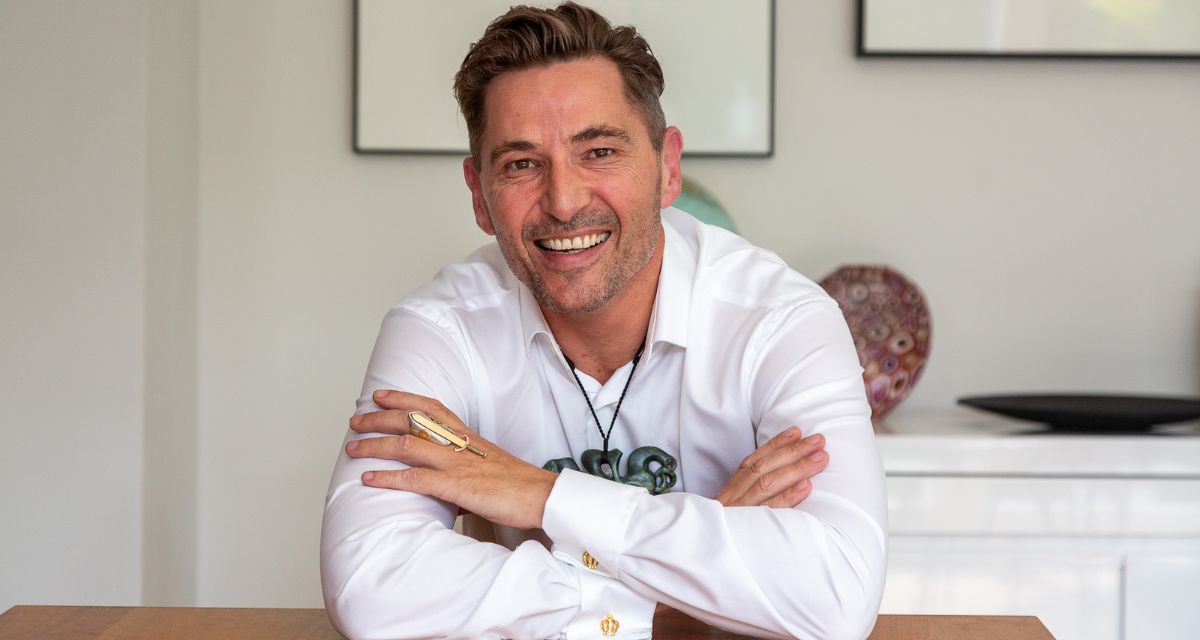Nathan Wallis - The Importance of a Childs First 1000 Days
Nathan Wallis The First Days
The first 1,000 days of existence (from conception to a child’s second birthday) have a large impact on a child’s development.
In the early days, a baby’s genes interact with the environment to determine what kind of brain is needed for the rest of their life. To maximise the first 1,000 days of your child’s life and give them the best foundations for their future, here are my top parenting tips:
Relationship, relationship, relationship
When we talk about building resilience for children in the first 1,000 days, it really is about relationship. The more intimate relationships the child has, or the more of that one-on-one time they get to spend, the better the outcomes are in these early childhood development stages.
That means fostering primarily one relationship - but that doesn’t undervalue the importance of all the secondary relationships, such as the grandparents or the complimentary parent.
If you’re in employment, take all the parental leave you can to develop this relationship. Research shows that the most important thing parents can do is stay at home in the first year of a child’s life.
Interact
Be present with your baby and have as much face-to-face interaction as possible. Interaction is extremely important in early child development stages, so make time for this. Let the washing pile up, don’t worry about the dirty windows. Prioritise interacting with your child in those early years - the years that really count.
If your baby is being looked after by someone else, think about other ways you can get more interaction. It can be as simple as having a pram that faces the parent for the first 18 months, or getting the day care to ensure your child gets an afternoon nap, so you’re not getting home and putting them straight to bed.
Be responsive
One of the biggest risk factors facing parents in New Zealand is this unspoken competition that human development is a race. Development is a process, not a competition. The child that walks or talks first isn’t necessarily the child that gets the best outcomes.
Don’t force learning or try to reach child developmental milestones for the first 18 months. Instead, be responsive to your child. Children learn by watching you. By imitating your baby, you can speed up language development far more than by giving them direction or instruction.
Children learn to be resilient and deal with their emotions because they basically watch you doing it for the first 18 months of their life. The more they watch you calmly interacting with them, the better they will be at calming themselves.
 Nathan Wallis is a Neuroscience Educator, nib health insurance parenting expert and regular media commentator. He hosts sold-out learning events for parents up and down the country (and abroad), talking to different stages of child development – including the first 1000 days - and how parents can be supporting their children in order to achieve the best possible outcomes.
Nathan Wallis is a Neuroscience Educator, nib health insurance parenting expert and regular media commentator. He hosts sold-out learning events for parents up and down the country (and abroad), talking to different stages of child development – including the first 1000 days - and how parents can be supporting their children in order to achieve the best possible outcomes.
nib Health Insurance provides cover for even the littlest Kiwis. Having cover in place early, before any conditions are developed, means kids will be covered for grommets, adenoids and tonsil removal if the need arises. If something more serious were to happen, nib’s cover is designed to help you skip the waiting lists in the public healthcare system and get private specialist and hospital treatment for your child, faster.
Private Hospital cover starts from under $4 per week for children under 20, and from under $15 per week for adults*. Cover is available online, with no medical questions asked. Click here to compare cover options for your family and get a quote. *Prices based on one child under 21 and one 26 year old female non-smoker, both on a standard private hospital cover with a $500 annual excess and a 4% direct debt discount applied.
Want to know more?